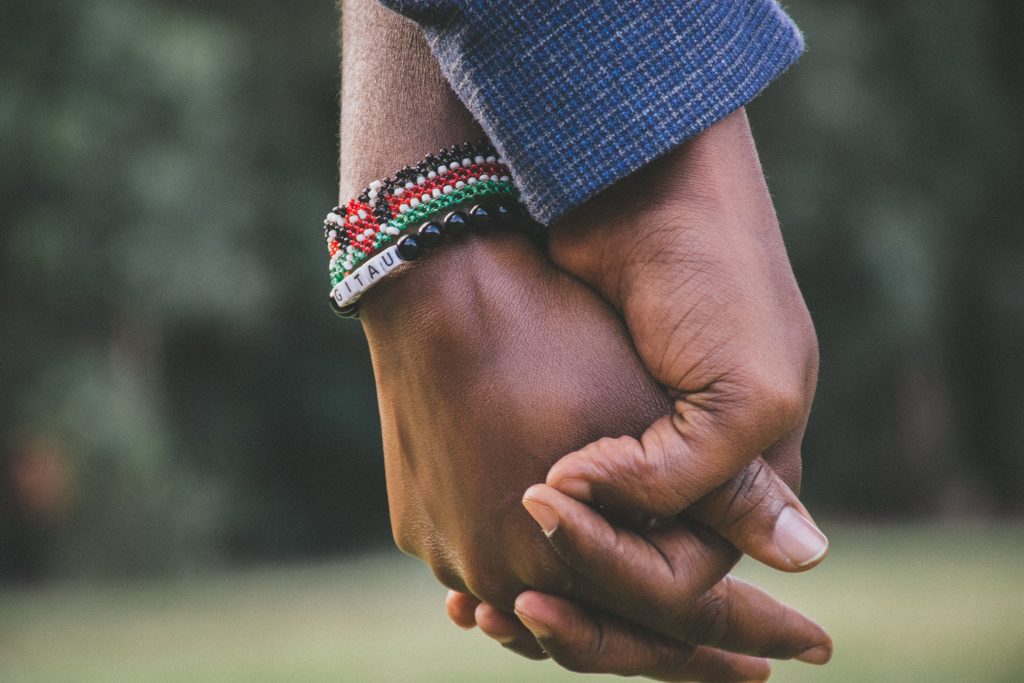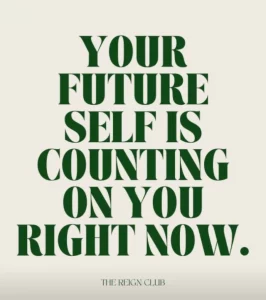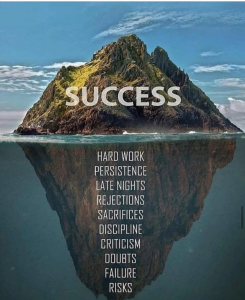Dave Hollis’ book “Get out of your own way” targets individuals seeking a more meaningful life who may have lost sight of their purpose but desire to realize their full potential for the sake of their loved ones. Our ability to believe and act on our desires lies within our control and depends on our choices. Hollis highlights several lies that we must discontinue believing, including:
If she doesn’t love me, I am not lovable: Our value is not tied to our connections or how other people see us. If someone likes us, it does not make us likeable, or if someone rejects us, it does not mean everyone will as well. Don’t let your past experiences dictate what is available to you in the future. Remember, if someone does not like you, think that that person is not for you.
Real men don’t show emotion: This is a clear lie.
I know what she needs: Judging your partner’s needs before you know their wiring, based on your parents views, societal norms, close friends, and depictions of relationships shown on TV, sets you up for disappointment. The personality tests like the Myers-Briggs test, DISC test, EQSQ, 16PF, Big Five, and many more are very useful to understand how your partner is wired. They are the tools that help you interact with the people who matter to you in an efficient way. The way each partner wants to receive love is different and it should not be a guess.
My role in the relationship is constant: As we age and move through various life stages together in a relationship, our roles naturally shift. As we grow, our relationship must adapt too. The strongest bonds form when we recognize and accommodate our partner’s evolving needs. Proactively asking, “How can I best support you in your life?” opens channels of communication crucial for bringing out our best selves in the relationship. Even initiating this conversation shows effort and consideration. Sometimes, our partner seeks guidance, while at other times, they simply need encouragement or support rather than the stark reality of low success odds. Ego has no place in a relationship; there are moments to lead and moments to follow our partner’s lead if they wish. While understanding our partner’s needs, it’s vital to express our own needs, fostering a stronger connection between us.
If they don’t need me, they won’t want me: Our identity within a relationship isn’t determined by what we contribute or offer. Love and the degree of need aren’t intertwined, so it’s essential not to confuse the two. Believing that someone will only reciprocate love or want you based on tangible contributions in a relationship, like a “gift with purchase,” is mistaken. Genuine relationships transcend such expectations. Being wanted, even when not specifically needed in that moment, signifies love. If you find yourself in a relationship that primarily values your material contributions, is that the kind of relationship you desire? When your partner’s affection hinges on material aspects, roles, or assumed identities, it prompts deeper reflections on the fundamental basis of your relationship.
See Part 4











